
Safety Tips
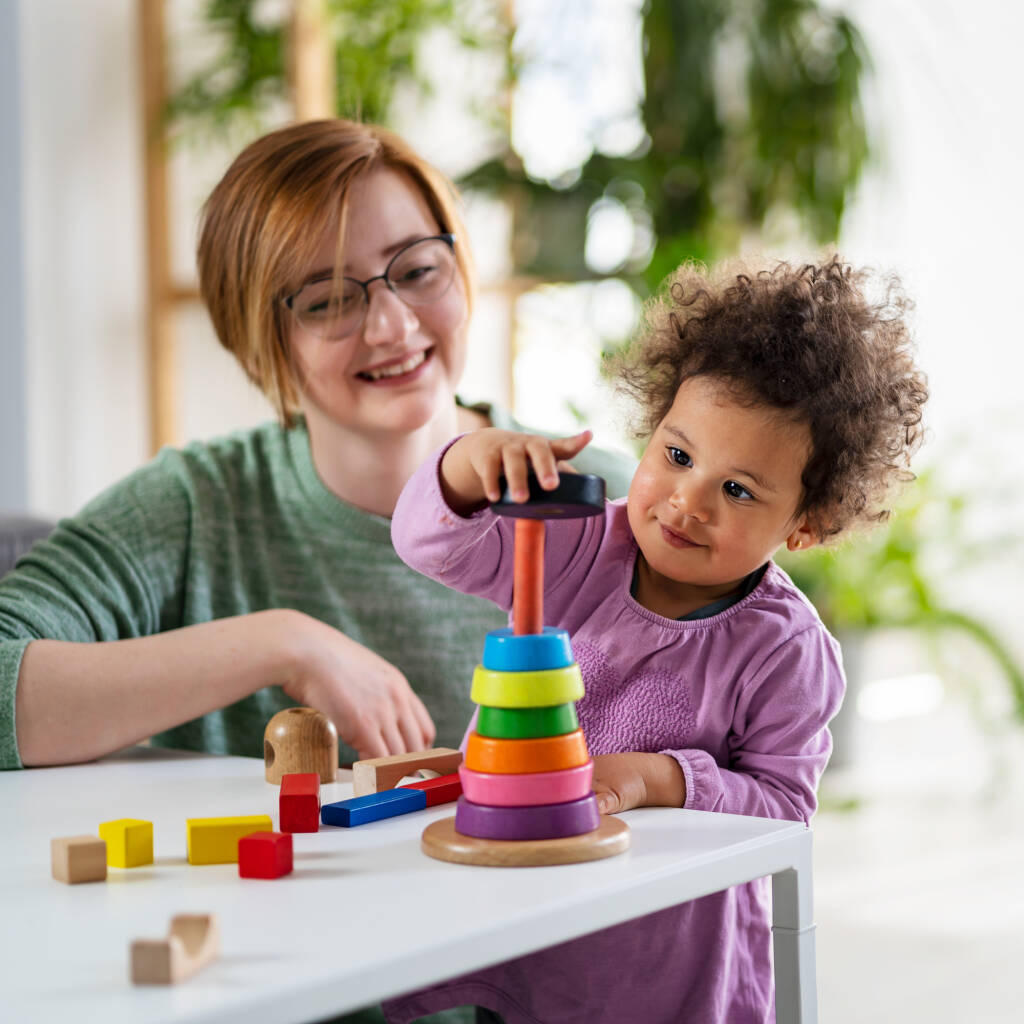
Keeping Kids Safe
Would Your Child Know What to Do If…
He got lost at a shopping mall? A nice, friendly stranger offered her a ride home after school? A baby-sitter wanted to play a secret game that no one would know about? A friend dared him to hitchhike? Learn how to keep your children safe and prepare them to protect themselves.
Water Safety
Know how to prevent, recognize, and respond to emergencies. As fun as it is to swim in water of any size, there are various dangers that come with it. Be prepared by learning about water safety.
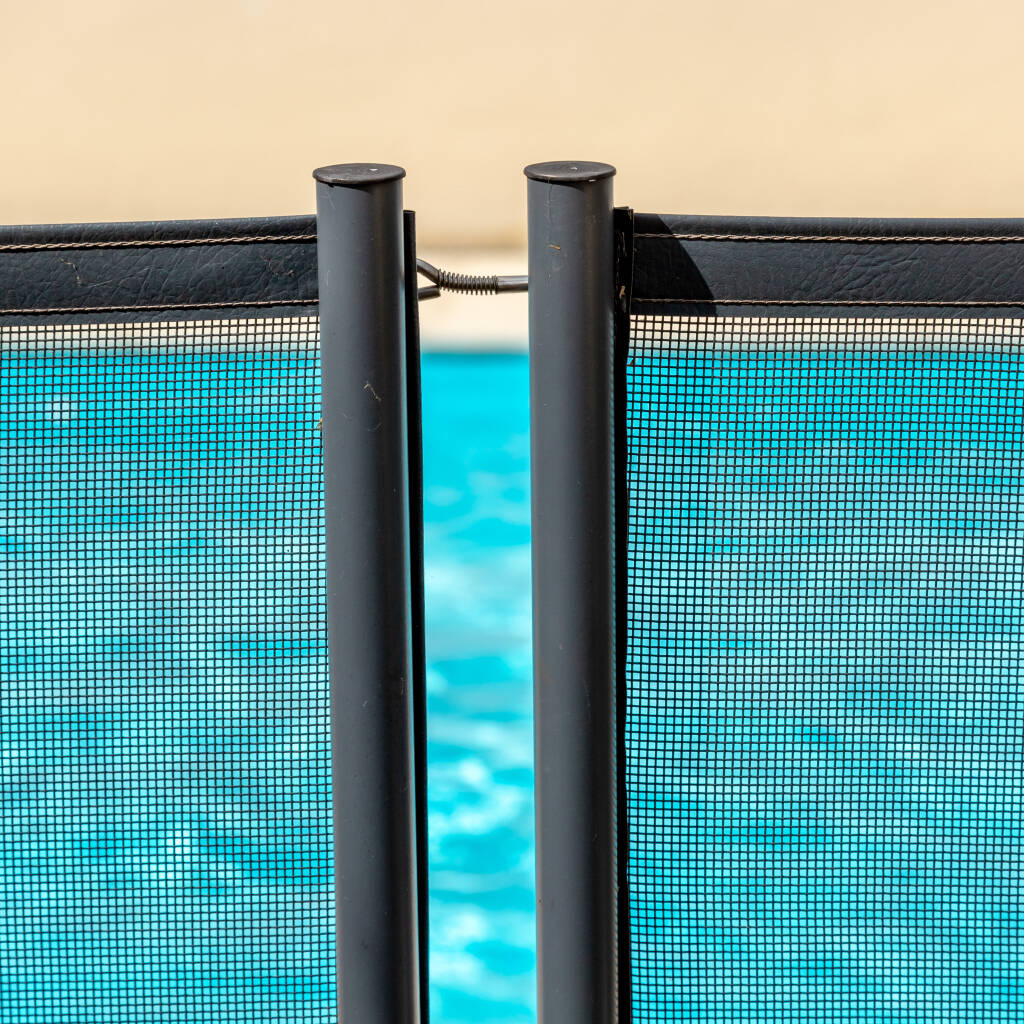
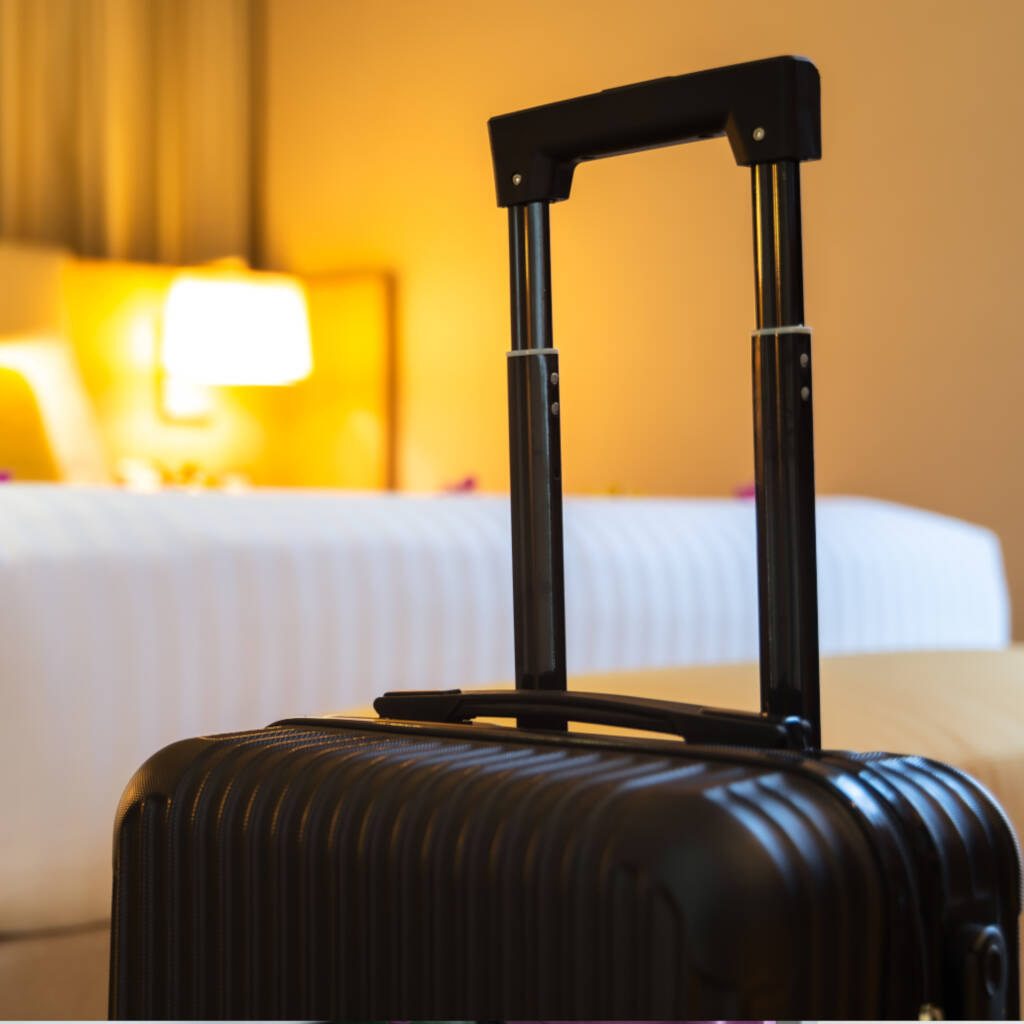
Tourist Safety
Orange County’s tourist corridor is one of the safest tourist destinations in the country, but regardless of where you go to enjoy your leisure time, vacationers should never leave home without packing a little common sense. The same rules that keep you safe and secure in your hometowns should apply wherever you go. With that in mind we would like to offer you some basic tourist safety tips to help insure your vacations are safe and memorable wherever you happen to be.
Disaster Preparedness
Do you know how much food and water you need for your family in case of an emergency? Do you have plans for your pets in case of an emergency? These tips are important for every Central Florida family throughout the year, but especially during Hurricane Season.
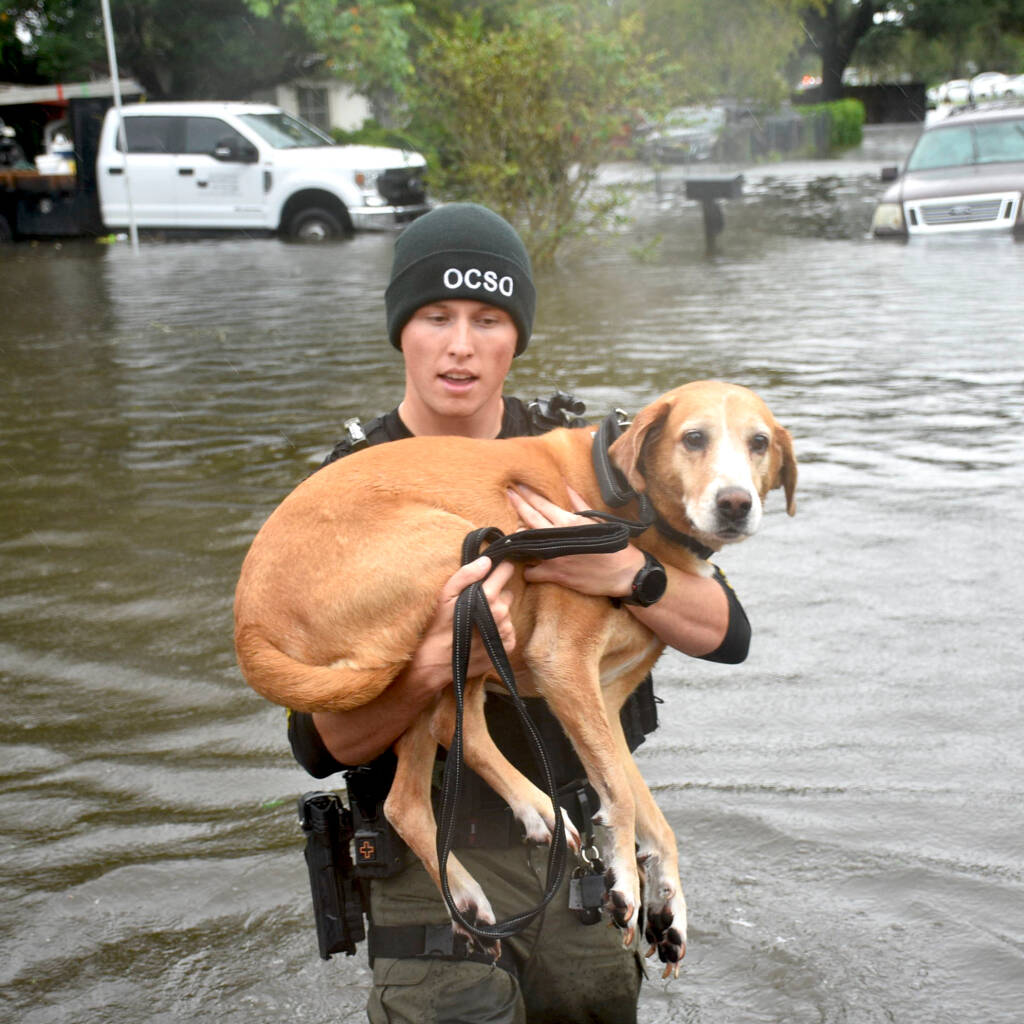
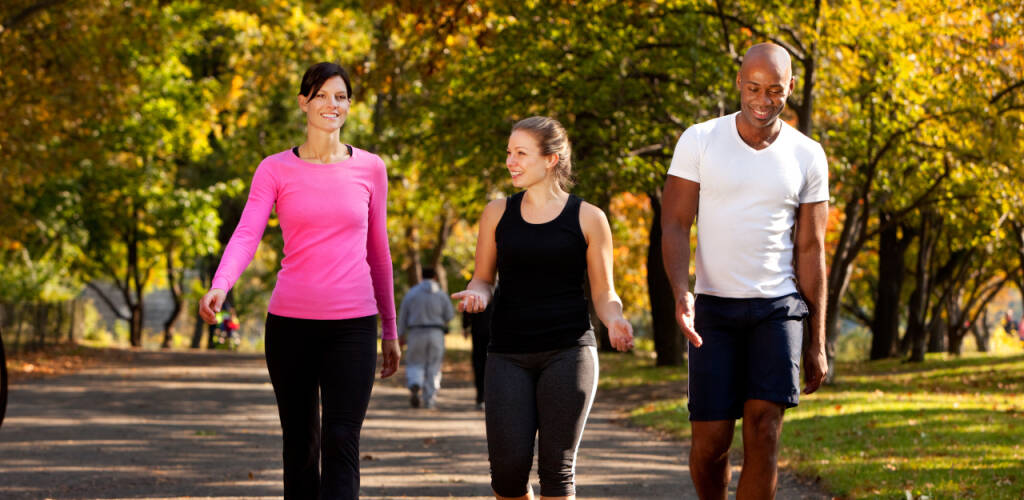
Public Safety
- Be aware of your surroundings.
- Try and walk in well-lit areas, with other people around.
- Walk in groups, or with others nearby.
- Don’t display or count your money where others can see you.
- Conceal your technology (iPads, cell phones, etc.)
- Be cautious when approached by strangers.
- If confronted by someone, try not to verbally engage with them. Drugs, alcohol, or mental illness may be driving their behaviors, so your safest course is to disengage and not escalate the situation.
- If anyone attempts to rob you, either by threats or with a weapon, do not resist. It is not worth risking your life or physical injury for the amount of money you will lose.
- Do not display large amounts of money. Place small amounts in different pockets to assist with this or use credit cards or travelers checks.
- Make copies of your credit cards front and back and place them in a secured place for your records (room safe). This can be very useful if you need to report a lost or stolen card.
- If you see something suspicious, call 911 immediately. When you return to your home or hotel, use the main entrance of a hotel especially in the evening.
- Be wary of solicitors. Use reputable places of business for all your entertainment transactions.
- Travel in pairs or groups if possible.
- Always have a meeting place for the kids to meet you if they get lost.
- Teach your kids your name, house phone and cell phone number.
- Small children should always be led by the hand when crossing the road or near busy streets.
- Small children should have their name and phone number placed on their clothes label or the inside of a shoe flap with a permanent marker in case they are lost.
- Use the sidewalk and pedestrian crossings.
PLEASE NOTE: Someone calling you a derogatory name is not a crime. It is a constitutionally protected free speech. If the comments are accompanied by threats, threatening behavior, or physical harm, then it becomes a crime.
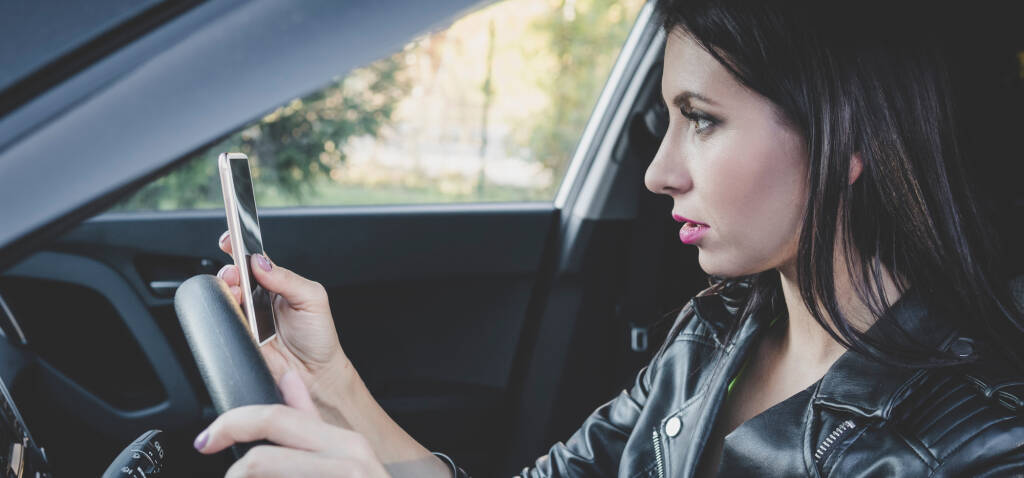
Driving
- Practice defensive driving.
- Don’t compete with other drivers.
- Don’t engage in insults and/or gestures with other drivers.
- Keep your distance from aggressive drivers.
- Report aggressive driving to 911.
- Keep your vehicle in good condition.
- Make sure you have enough gas to get where you’re going.
- While driving keep all doors locked and wear your safety belts… IT’S THE LAW IN FLORIDA.
- If you cannot take your valuables inside with you whenever you stop, store them in your vehicle’s trunk or out of view of passersby before you reach your destination.
- If someone suspicious approaches your vehicle while you are stopped in traffic, or in a parking lot, blow your vehicle’s horn constantly.
- Park in a well-lighted area with lots of pedestrian traffic when arriving, and check the inside of your vehicle when you return.
- ALWAYS lock your vehicle doors, even if you plan to return immediately.
- When you return to your vehicle, have door key in your hand.
Distracted Driving
Quick quiz: What does eating a hamburger, getting into a discussion, and reading a GPS screen have in common? Well, if you’re doing any of these things while driving, you become distracted in ways that increase your risk of crashing. In fact, distractions come in three forms: visual, manual, and cognitive.
Visual distractions cause you to take your eyes off the road. When traveling at 65 mph, if you look at your GPS for two seconds to check where you are on the map, you’ll have driven two-thirds the length of a football field before you see the road again. That gives you plenty of time and distance to get in a serious crash.
Manual distractions take your hands off the wheel. When you use one – or even both – of your hands to get that hamburger under control, you risk losing control over something much more important – your vehicle. You also are greatly slowing your ability to respond to changing or unexpected conditions that can occur without warning.
Cognitive distractions take your mind off the task at hand. When you get into a discussion – whether it’s with a passenger or over the phone (hands-free or handheld) – your mind can become absorbed more with the discussion than with driving. Sometimes you don’t even need another person to create a cognitive distraction. If you’re upset or thinking about an important meeting, your body may be behind the wheel, but your head’s not. So give yourself a break: Focus on driving and leave the other stresses behind.
What About Texting?
More and more states are banning handheld phone usage and texting while driving, and new technologies are being developed to lock keypads and block other functionality of mobile devices when you’re behind the wheel. You may be thinking that there is a big fuss being made about texting. And you’re right, because texting while driving combines three types of distractions. When your eyes are reading the screen, your fingers are typing on the keypad, and your mind is busy crafting a message, you’re not paying attention to driving and you are more likely to crash – 23 times more likely in fact. Texting while driving combines all three potentially lethal types of distractions and is extremely dangerous.
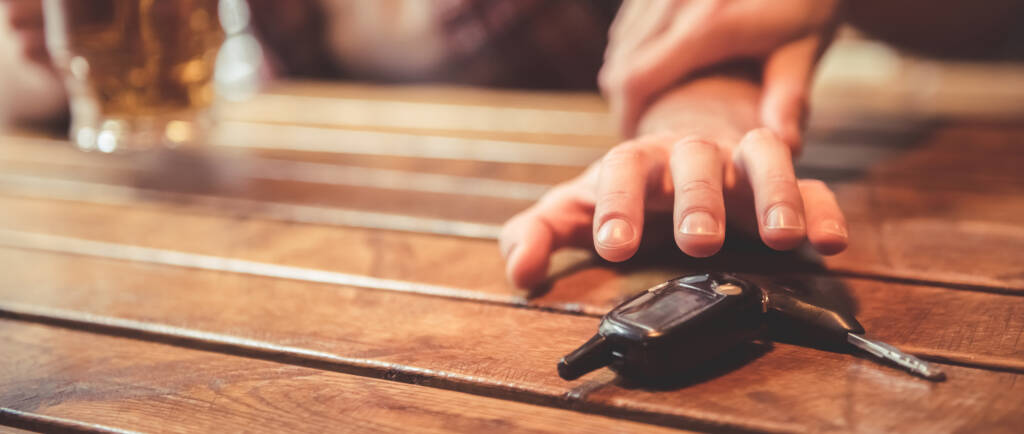
Night Life Safety
- When leaving a party or a bar, travel in groups. Criminals will focus on lone pedestrians.
- Don’t get into a stranger’s car.
- Call a cab or a sober friend or family member to take you home. DUI’s are dangerous to everyone and they cost a lot of money.
- Don’t participate in late night cruising, drifting or illegal mass crowds.
- Loitering in large crowds during late night hours can lead to serious and violent crimes such as shootings, stabbings, robberies and carjackings.
- Late night ad hoc gatherings have resulted in two deaths and several shootings.
- It’s illegal to loiter in parking lots of closed businesses.
- Stay alert to your surroundings.
- Learn to recognize unsafe conditions.
- If you see suspicious activity, contact police.
- Avoid any physical or verbal confrontation.
- If you are robbed at gunpoint, cooperate and give the robber what he/she wants.
- Get a description of the robber and the type of weapon used.

Online Safety
- If you meet someone, tell your friends where you are going and describe the person you are with.
- Don’t volunteer any of your personal information (date of birth, address, etc.)
- Meet your date in a public place.
- Try to find out as much about your date as possible.
- If practical, record your date’s vehicle description and license plate number.
- Save all of your e-mails and texts from the person you are meeting.
- If your date is making you uncomfortable, don’t worry about politeness. LEAVE!
- If your date begins to stalk or harass you, tell them clearly to stop. If they don’t, call 911.

WildLife
- The State of Florida is home to many wild animals and wildlife to include alligators, deer, fox as well as a host of poisonous snakes, turtles and other wildlife. It is not uncommon to see wildlife in populated areas.
- If you encounter any wildlife, please remember that they are dangerous animals. While attacks are not common the wildlife can easily be provoked.
- Please do not touch, handle or attempt to feed the wildlife or try to get in close range for a family photo. Not only is it dangerous, but in some instances it is against the law.
- If you feel the wildlife is a nuisance or a danger to others, please do not attempt to corral, capture or attempt to control the animal. Contact 9-1-1 immediately. The Orange County Sheriff’s Office, Fire Dept. and other agencies have trained personnel that can assist and respond.
- If you desire interaction with wildlife, please check with your tour operator or hotel. Many area attractions have interaction with wild animals to include feeding.
